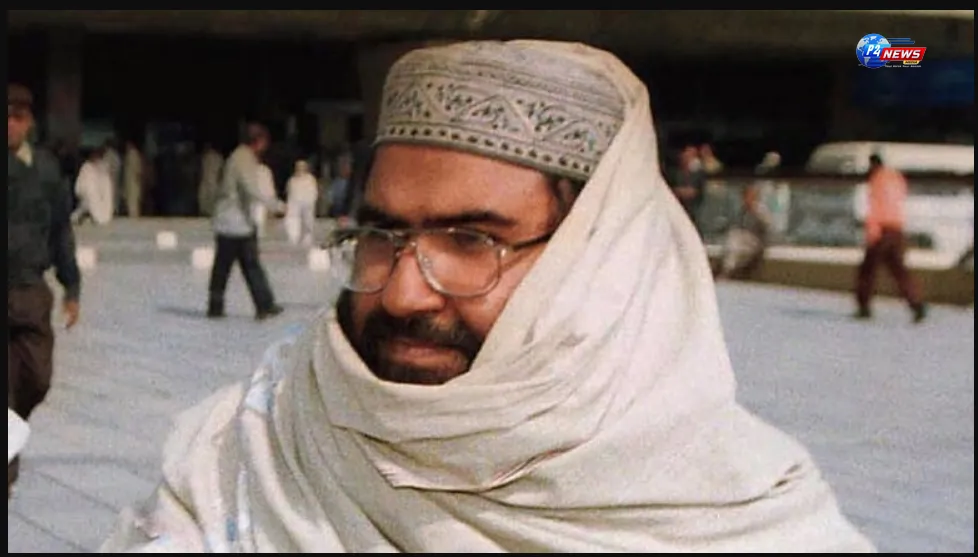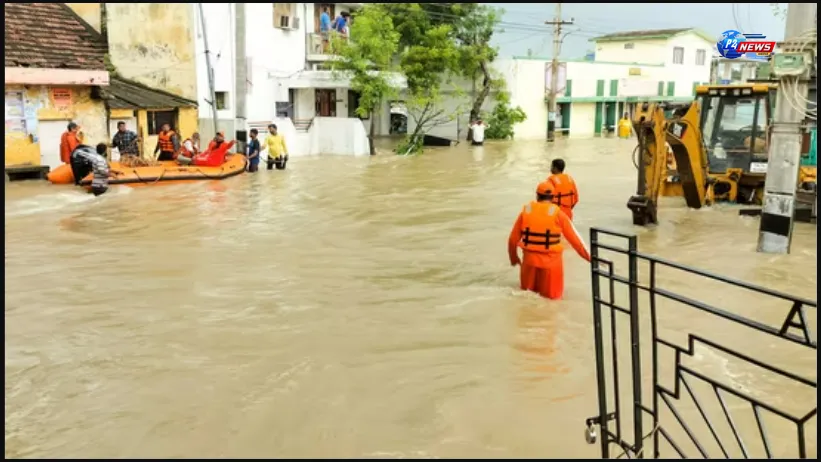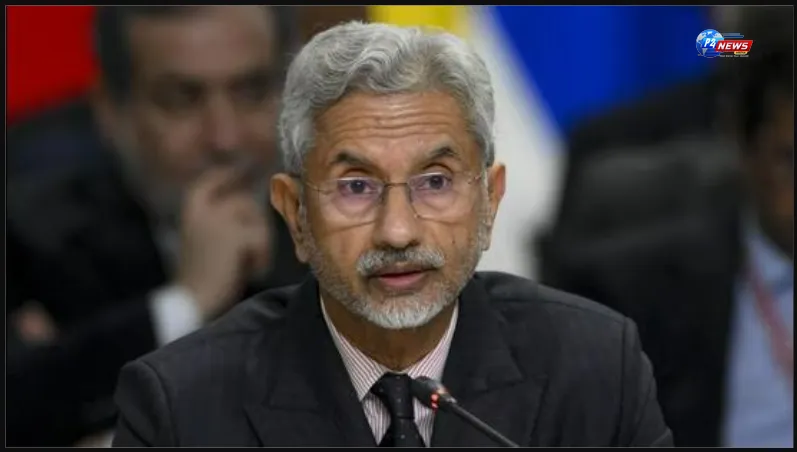India has called for decisive action against Masood Azhar, highlighting his role in cross-border terrorism. The country insists on justice for the attacks he orchestrated, emphasizing the need for accountability and stronger measures to address the threat.
In a recent development highlighting the ongoing tensions between India and Pakistan, the Indian government has vehemently called for action against Masood Azhar, the notorious leader of the banned terrorist organization Jaish-e-Mohammed. Azhar is infamously known for orchestrating multiple terrorist attacks, including the devastating assault on the Indian Parliament in 2001. The demand for justice has become more pressing in light of reports concerning Azhar's recent public appearance, the first of its kind in over two decades.
During a speech delivered at an Islamic seminary in Bahawalpur, located in Pakistan's Punjab province, Azhar reportedly made inflammatory statements that reiterated his commitment to ramping up attacks against India. His derogatory remarks about Indian Prime Minister Narendra Modi have further heightened India’s concerns. Consequently, India’s Ministry of External Affairs (MEA) spokesperson, Randhir Jaiswal, addressed the media, emphasizing that Azhar's words unveil the duplicity of Pakistan regarding its purported efforts to combat terrorism emanating from its territory.
Jaiswal's remarks were clear and assertive, pointing out that if the reports about Azhar's speech are accurate, it signifies a blatant contradiction in Pakistan's claims that it does not harbor terrorists. "Masood Azhar is involved in cross-border terror attacks in India. We demand that substantial measures be taken against him to ensure he faces justice," he insisted. This response reflects India's long-standing frustration over Pakistan's alleged support for terrorist activities that target Indian interests.
Azhar is not just a fleeting figure in the realm of terrorism; he is among the most wanted terrorists by India. His organization has been linked to numerous attacks, including the infamous Pulwama attack in 2019 that resulted in significant casualties among Indian security forces. India's calls for accountability date back to September 2019 when both Azhar and Hafiz Muhammad Saeed, the founder of another terror outfit, were designated as 'individual terrorists' under the stringent Unlawful Activities Prevention Act (UAPA).
The threats posed by Azhar extend beyond his rhetoric. He has been implicated in several major terrorist strikes, including the attack on the Central Reserve Police Force in Pulwama and the assault on the Indian consulate in Mazar-e-Sharif, Afghanistan. Each of these incidents has been a source of anguish for the Indian government and its citizens, fueling calls for justice and decisive action against those who orchestrate such heinous acts.
India's frustrations towards Pakistan intensified further after the Pulwama attack, with officials demanding that Pakistan acknowledge its support for terrorist groups and take responsibility for their actions. Anurag Srivastava, the then spokesperson for the MEA, lamented the fact that Masood Azhar, the main accused, continues to find refuge on Pakistani soil while urging Pakistan to confront the reality of the situation.
The narrative surrounding Masood Azhar took another turn in January when rumors circulated on social media about his alleged death in a bombing incident. However, these claims were quickly debunked, confirming that he had not perished as suggested. The pictures purporting to show the incident were traced back to an unrelated explosion years prior. This incident only serves to emphasize the ongoing complexities and challenges posed by individuals like Azhar, who continue to represent a significant threat to regional stability.
Overall, India’s strong response to Masood Azhar's recent activities underscores the urgency of addressing terrorism emanating from Pakistan. The situation remains tenuous, and the Indian government is adamant that it will pursue justice, urging international support in holding accountable those who perpetuate violence and instability in the region.
















Comments 0